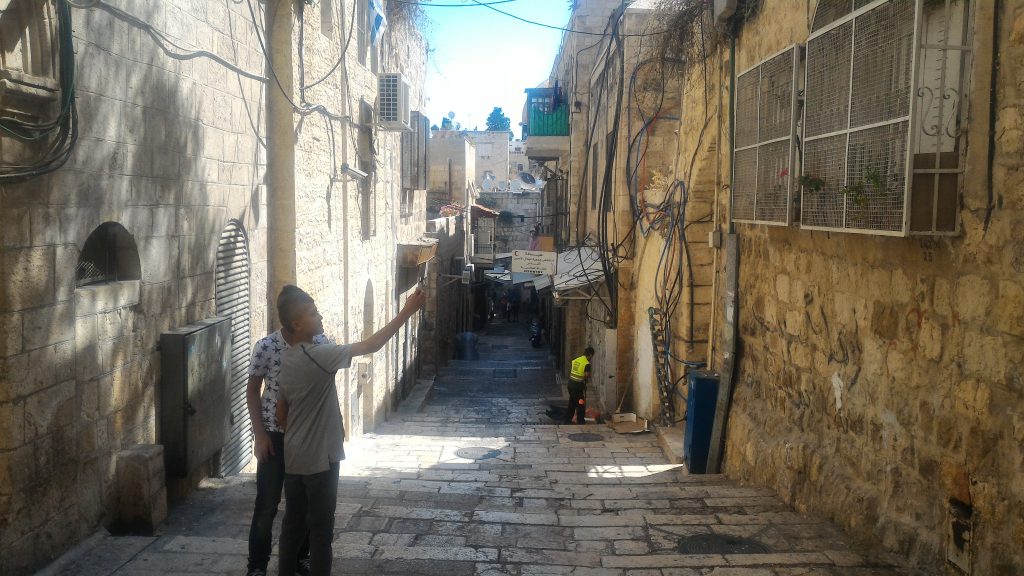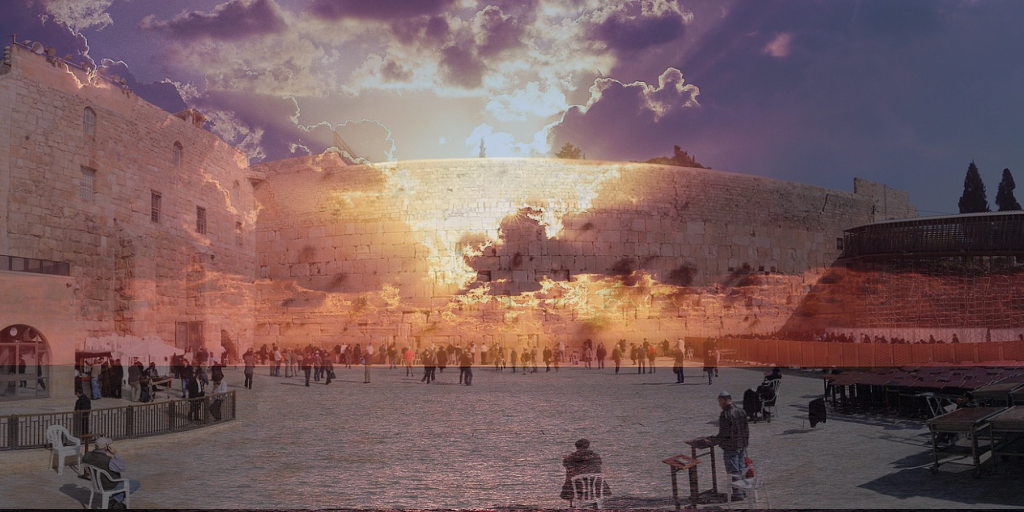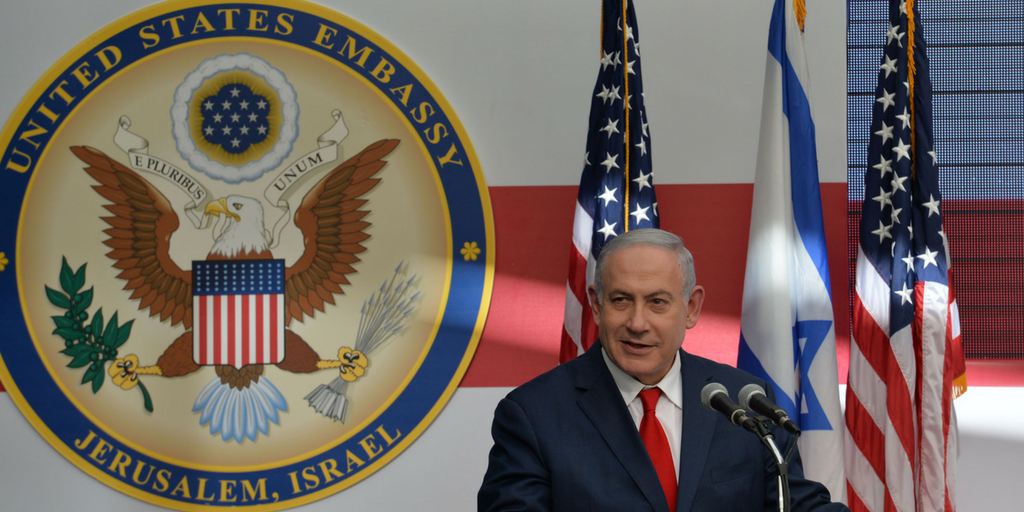When Mark Twain arrived in the Holy Land in 1867 he saw a barren land with few inhabitants. His depiction of Land of Israel is as follows:
“The further we went the hotter the sun got, and the more rocky and bare, repulsive and dreary the landscape became…There was hardly a tree or a shrub any where. Even the olive and the cactus, those fast friends of a worthless soil, had almost deserted the country”.
While in Jerusalem he did find connection to the spiritual, he still depicted it as hardly populated. Interestingly, according to the Ottoman census already by the 1860s the population he would have found there would have been majority Jewish. This begs the question, if the Jewish population was in the majority, how big was the Jewish Quarter over 150 years ago if the Jewish population was in the majority?
In the second half of the 19th century Jewish Jerusalem was bursting at the seams. More and more Jews were streaming to Jerusalem and the surrounding areas. So much so, that by the 1880s Jews started venturing outside the walls of Jerusalem for the first time.

The Jewish population lived throughout today’s Old City and beyond. There were Jews in abundance by the Flowers Gate in the North as well as in today’s Christian Quarter. What is known as El Khaladia Street in today’s Muslim Quarter was the main street of the Jewish population.
However, this began to change when the British took over the Holy Land as they employed the quarter system we are all used to today. In the years between 1917 and 1948 a series of Arab pogroms occurred with little resistance from British authorities. This decimated the Jewish population and pushed back to the current Jewish Quarter, which was extinguished in 1948 when the Jordanian were able to take control Jerusalem’s Old City for 19 years.
Upon liberating Jerusalem in 1967, Israel reestablished what is today known as the Jewish Quarter, but kept the erroneous four quarters the British had instituted. Unfortunately this gives a false impression that Jews only lived in that area.
In order for the Jewish people to have an authentic and honest connection to their ancestral homeland, they need a very real historical account of Jerusalem. That includes fact that most of the “Christian and Muslim Quarters” were in fact Jewish not so long ago.












